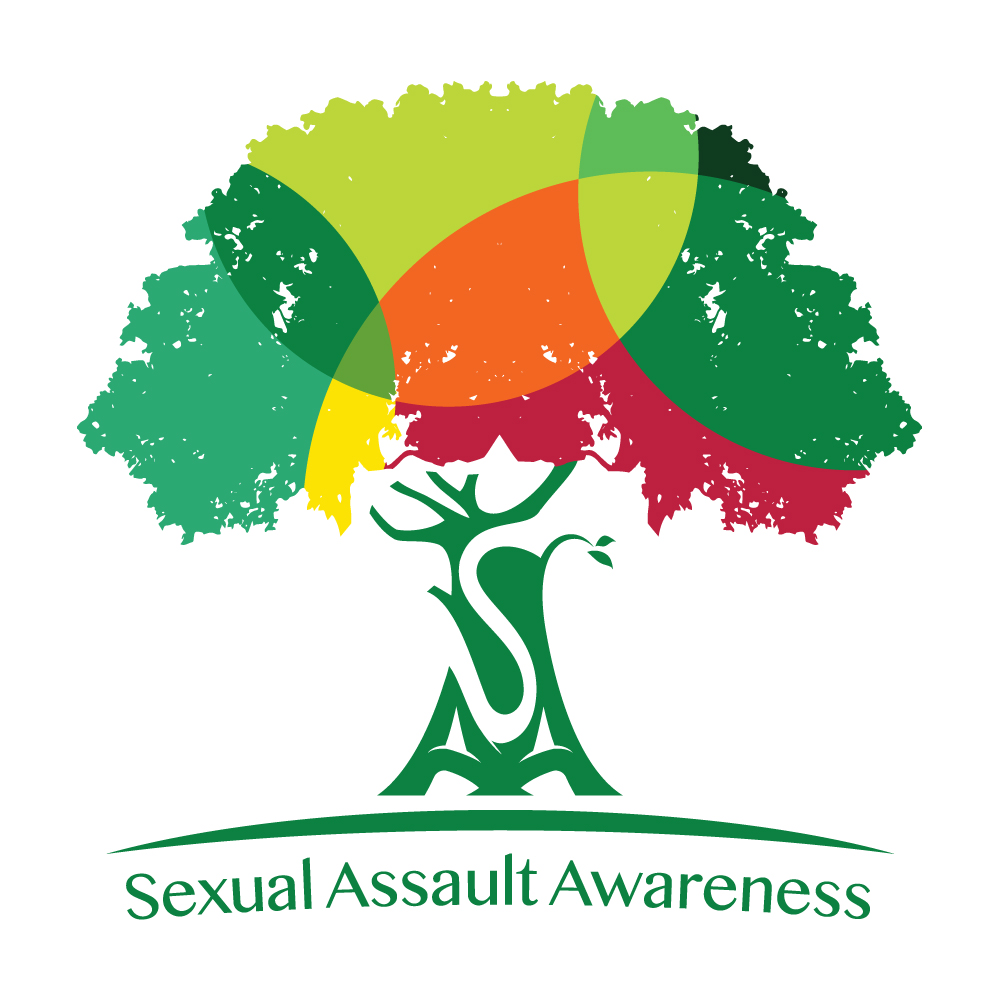One of the reasons I decided to launch Sexual Assault Awareness was my interest in working with law enforcement and the wider justice system to better understand and address issues of sexual assault and the impact of rape culture within their sphere of influence. As you can tell from the myriad of cases that have made headlines over the past decade, this work is now more crucial than ever.
Sexual assault reporting is already extremely low in the U.S., under 30% nationwide, so victims believing they won’t be respected by law enforcement is a major hurdle towards the prosecution and ultimate prevention of sexual assault.
In my work, I offer a variety of trainings on understanding, preventing, and addressing sexualized violence, all built on theory, research, and case examples from my direct work with survivors. Over the years though, I’ve found that the needs of law enforcement are very specific given the sensitive nature of their work and the environment within which they operate.
When coming forward after a sexual assault, victims can often feel like their perpetrators are better believed by law enforcement. Sexual assault reporting is already extremely low in the U.S., under 30% nationwide, so victims believing they won’t be respected by law enforcement is a major hurdle towards the prosecution and ultimate prevention of sexual assault. In my office and online, I routinely hear from women who won’t approach law enforcement because they fear not being believed or worse, being told what happened was their fault.
As discussed in previous posts, teaching law enforcement – be they police officers, investigators, prosecutors, judges, juries, advocates, or any other member of the system – to start by believing will result in getting more information from victims, conducting a better investigation, and eventually impact how police present their cases to prosecutors and prosecutors in turn present their cases to both judges and juries.
I was interviewed earlier this year at a training for nearly 300 Indianapolis law enforcement officers. There, I explained that the understanding we have as trauma specialists “isn’t getting from us, the experts, into the hands of the people who need it: law enforcement, judges, prosecutors, juries. One of the things when I do expert testimony is educate juries on the basics of neurobiology, what happens to the brain during a sexual assault. And I think that information, getting it from the people who know to the people who need to know, is really the gap that needs to be bridged.”
Here are a few key points I like to convey in my trainings with law enforcement:
As law enforcement is a career historically dominated by white males, I start by drawing a clear connection between cultural biases and their impact on victims, particularly women, persons of color, and those in the LGBTQ+ community. This can include the belief that a woman with a prior history of rape or a sex worker is a less valid or worthy victim. Treat each report on its own merits without prior assumption.
· I also like to encourage taking a trauma-informed approach to rape or assault investigations. When you understand trauma’s affect on the brain – something to which police officers can certainly relate – you can gain a better understanding of why victims respond the way that they do, during and after the crime. I explain how trauma can affect threat response, memory storage and recall, emotional aftermath, post-trauma response, and even result in hormonal effects.
· And, as with all my trainings on sexual assault, I like to address myths and misconceptions around the victim experience (for example, why they might freeze up, not fight back, or delay in speaking up or coming forward). I also seek to discredit so-called “credibility challenges,” which might prevent victims from being believed or assault charges from moving forward.
Research shows that the impact of this sort of training is incredibly positive. Law enforcement officials who experience this kind of training are better equipped for victim reporting, investigation, and systematic response, building them up as a more trustworthy resource instead of a re-traumatizing force.
Similar trainings can be conducted for military personnel, who have their own systems for reporting and prosecuting sexual assault. My work with that audience also focuses on tools to provide outreach and support to fellow soldiers, decreasing the effects of trauma and helping victims to return to their duties with more resilience.


